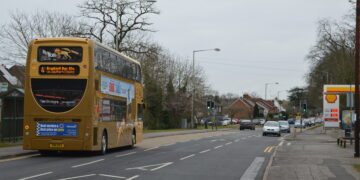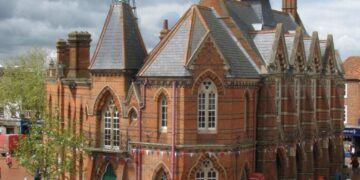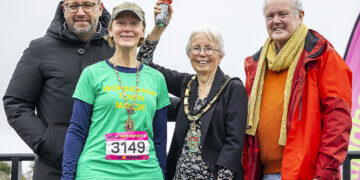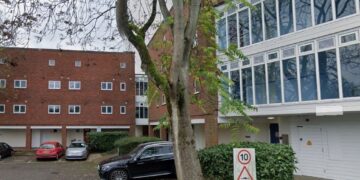SOME 140 years ago, the ‘safety bicycle’ ushered in a new era of personal transport, thanks to design improvisations which made cycling both safer and more practical compared to the preceding penny-farthing.
The resulting ‘bike boom’ of the 1890s saw sales rocket despite an economic depression.
The bicycle is regularly cited as an important factor in the emancipation of women shortly thereafter, thanks to the ability to travel independently and some say a reason to ditch the heavy voluminous skirts of the time.
In the UK, cycling grew steadily through to the 1950s, enabling armies of factory workers, civil servants and the eponymous midwives to get around quickly and cheaply.
But in the 1960s, desire for car ownership and public policy support for this saw sales of cycles fall rapidly.
They bounced back temporarily as oil prices rocketed in response to global conflict (sound familiar?), but cycling entered a period of decline as a mainstream transport.
For decades we chose to connect our communities with fast roads and roundabouts making cycling more of an extreme sport than everyday means of transport.
Bradley Wiggins gave cycling (and sideburns) a bit of a boost in 2012, but the latest boom in cycling stems from the 2020 covid lockdown where so many of us reappraised our travel choices and took advantage of being able to cycle with fewer cars around.
The coincidence of this with growing awareness of climate change and air pollution, and frustration at ever-increasing traffic, seems to be giving this boom longer legs.
For two years the supply of new bicycles has struggled to keep up with demand, though charities such as the excellent Reading Bicycle Kitchen and Wokingham’s Doctor Bike have put many redundant bikes back into circulation, often at little to no cost and thankfully supply is recovering.
The potential for further growth is huge, with surveys saying that up to a quarter of the population would cycle if it were made safer to do so.
Across the country, local politicians are making this possible and we hope that Wokingham’s leaders will properly get behind this next golden age of the bicycle, for everyone’s benefit, whether directly or indirectly.


















































